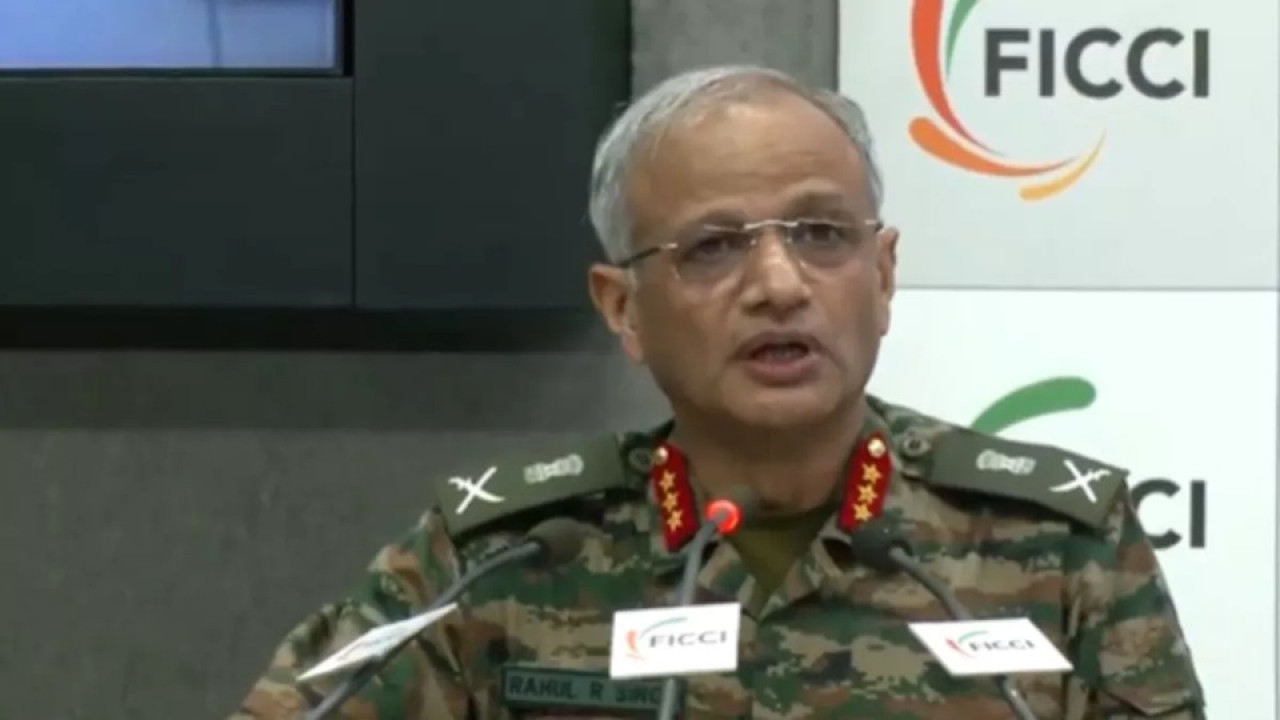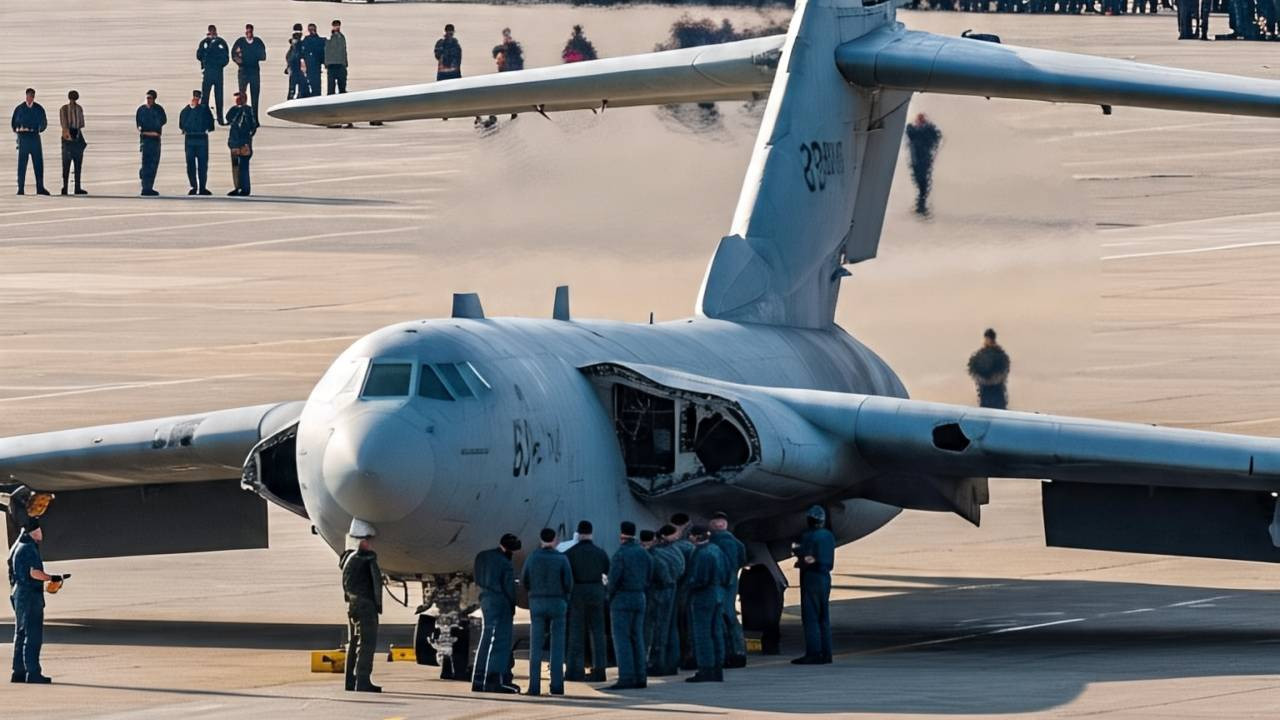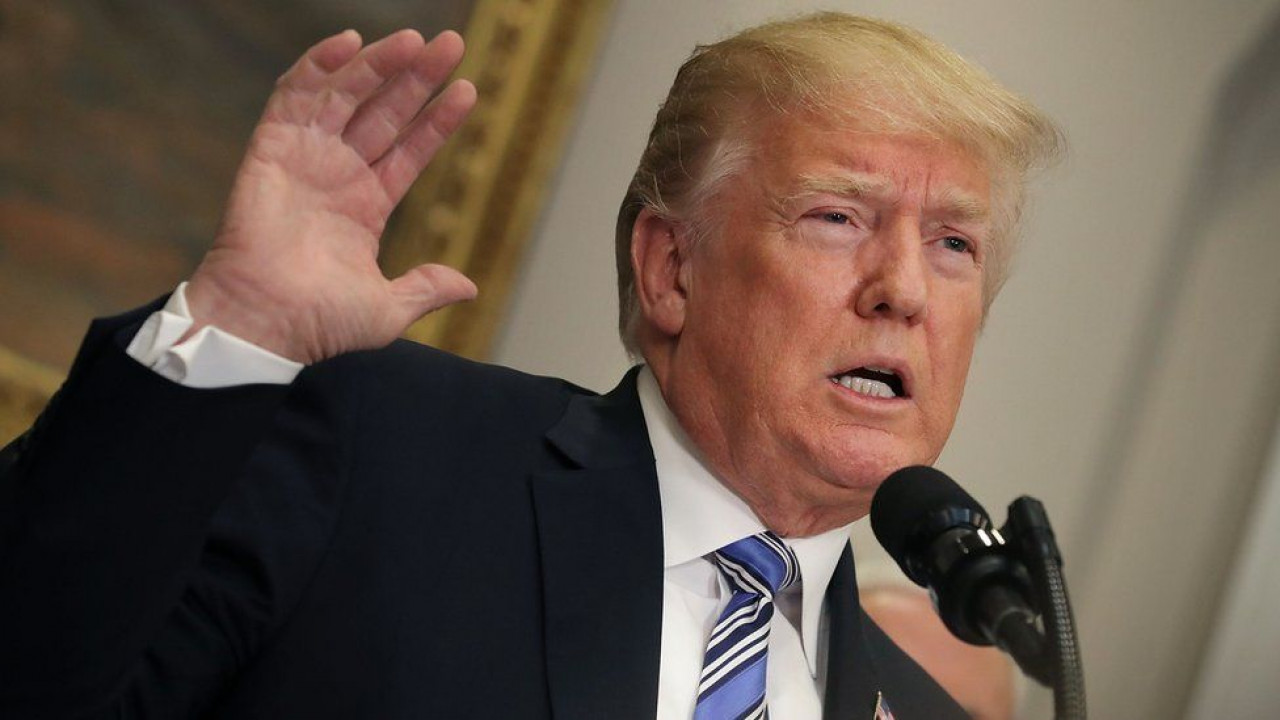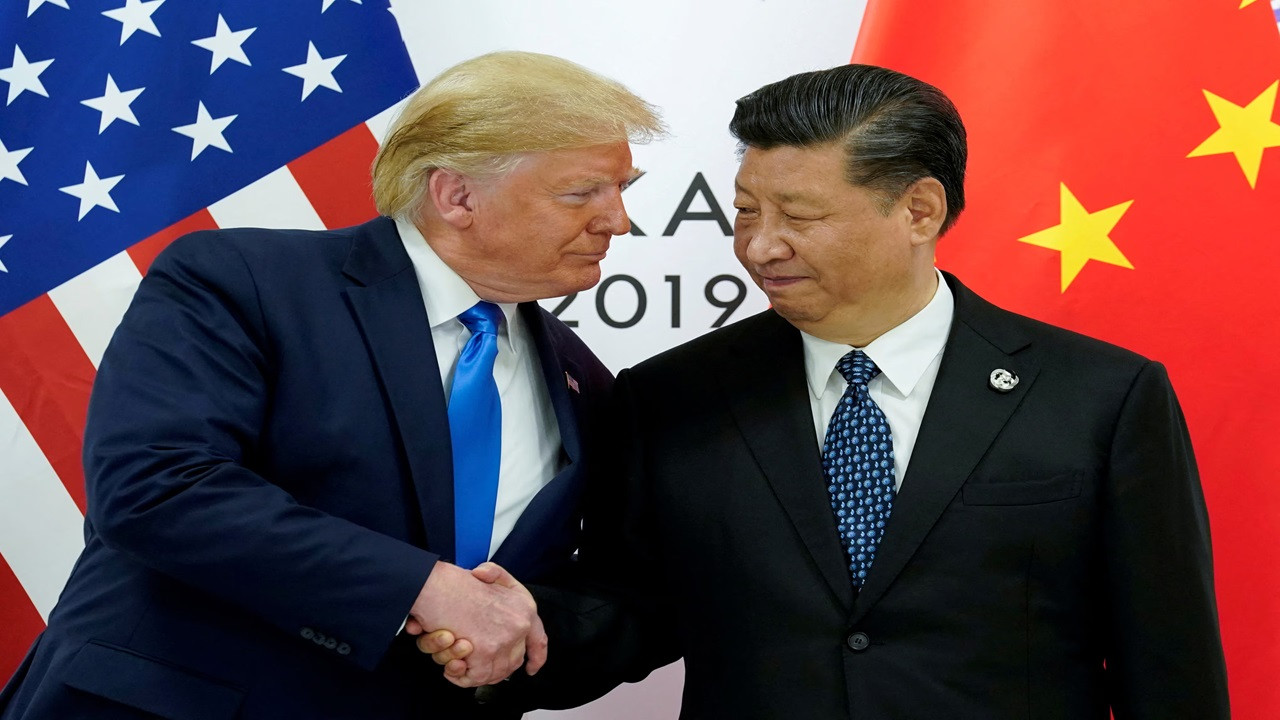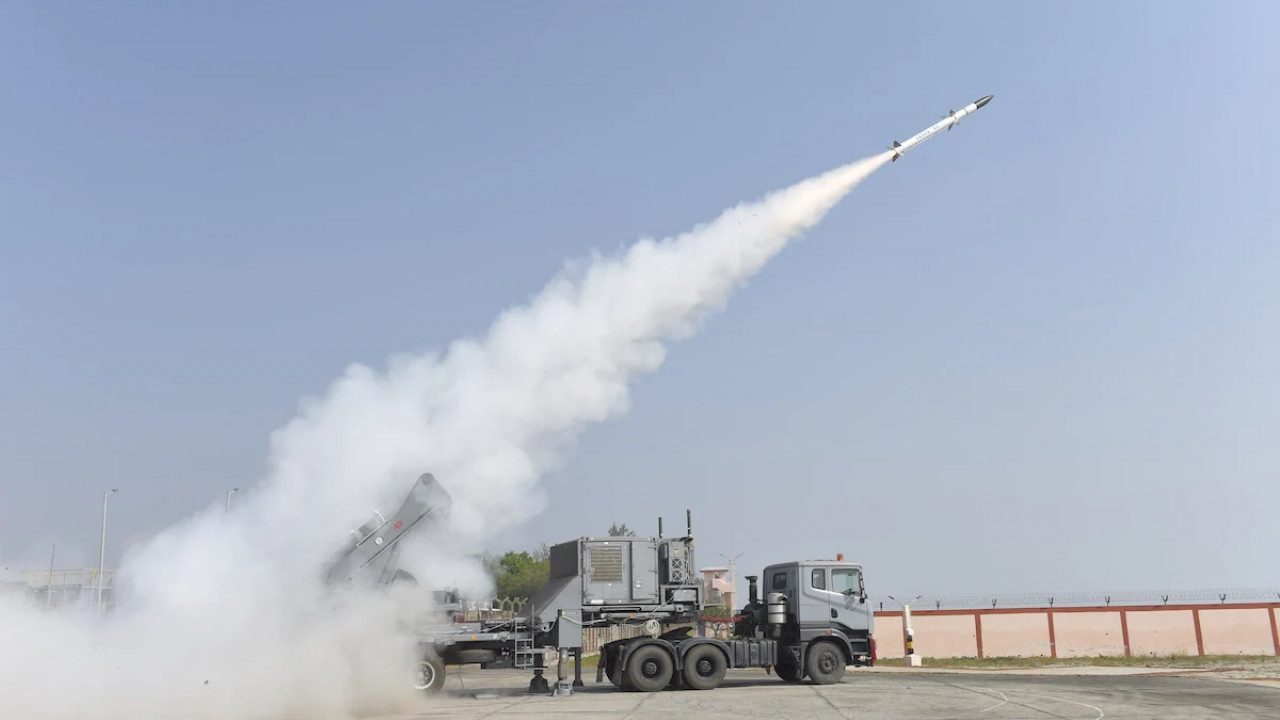National News: The Indian Army's successful Operation Sindoor against Pakistan not only garnered praise worldwide but also showcased India's rising prowess in strategic and military domains. Speaking at a FICCI event, Lieutenant General Rahul R. Singh, Deputy Chief of Army Staff, made significant revelations, emphasizing that the operation was far more complex than a conventional border conflict. It involved multiple hidden dimensions and provided India with crucial lessons in modern warfare.
A Battle on Three Fronts
Lt. Gen. Singh stated, “Although the battle was physically confined to one border, we were effectively facing three adversaries.” While Pakistan was the direct and visible aggressor, China was extending support on every level—militarily, technologically, and logistically.
Backing his claim with data, Singh noted that over 81% of Pakistan’s weaponry used in recent years is of Chinese origin. This, he argued, is a strong indication of Beijing’s active role in bolstering Pakistan, not just diplomatically, but also in defense manufacturing and supply chains.
#WATCH | Delhi: At the event 'New Age Military Technologies' organised by FICCI, Deputy Chief of Army Staff (Capability Development & Sustenance), Lt Gen Rahul R Singh says, "Air defence and how it panned out during the entire operation was important... This time, our population… pic.twitter.com/uF2uXo7yJm
— ANI (@ANI) July 4, 2025Pakistan Became a 'Live Testing Lab' for Chinese Weapons
Lt. Gen. Singh further pointed out that China was treating Pakistan like a live weapons testing laboratory, using the conflict as an opportunity to assess its defense systems in real-time combat scenarios. This, he warned, also acts as a strategic caution for India, particularly regarding future threats from emerging technologies and cyber warfare capabilities that China could deploy.
Turkey’s Emerging Role in Anti-India Axis
The Deputy Chief also flagged Turkey's involvement, saying that Ankara had played a key role in supporting Pakistan during the operation. With increasing military collaboration between Turkey and Pakistan in recent years, this involvement, though concerning, wasn’t entirely unexpected.
Redefining the Modern Battlefield
According to Lt. Gen. Singh, Operation Sindoor was a turning point in the Indian Army’s understanding of modern warfare. It highlighted that conflicts are no longer restricted to conventional weaponry or linear frontlines. Today’s wars are multilayered, involving a blend of geopolitical maneuvering, technology warfare, and indirect state-sponsored support.


